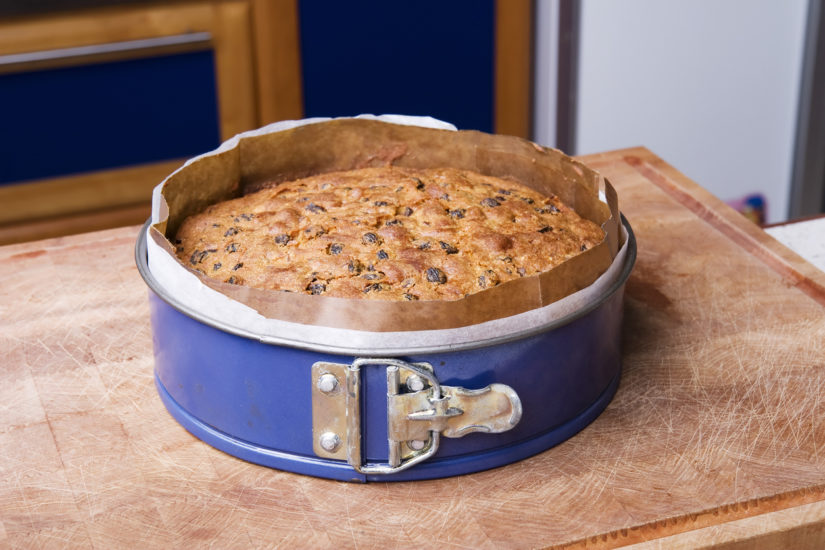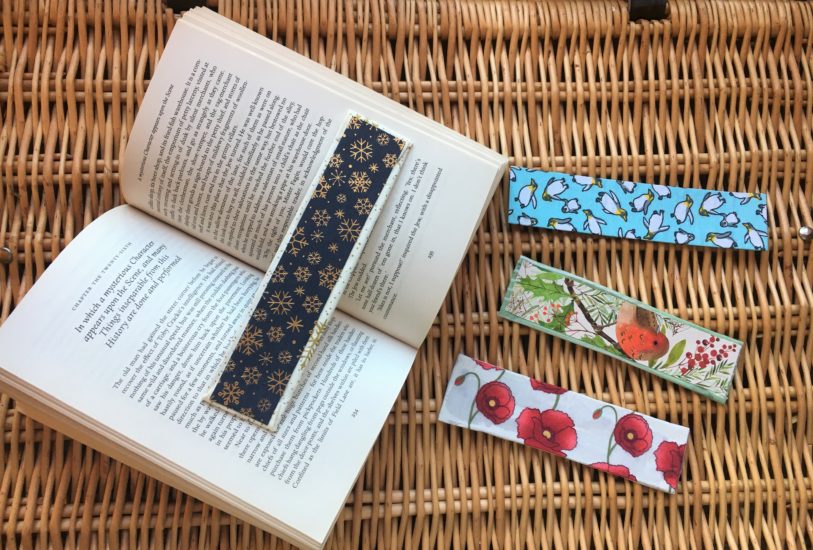
“The Mirror And The Light” is the third and final part of Hilary Mantel’s Wolf Hall Trilogy.
It sees fever sweeping across the UK, and the world. A rift with Europe. Prorogations of parliament. Changes within the monarchy. So much has changed since 1536, when this book begins, yet there’s much we can relate to.
The book begins with Thomas Cromwell now fifty years old, and at the peak of his power as the fixer and factotum of Henry VIII.
Big spender Henry needs money, craves more power, and demands complete autonomy as regards being able to decide whether a marriage is valid, or not. He also needs a male heir.
Thanks to his astute, perceptive nature, Cromwell has facilitated fulfilment of the first three wishes, rising to become Henry’s second-in-command. Two wives have been cast aside, the dissolution of the monasteries has made money and lands available, and Cromwell’s legal experience has the Commons eating out of Henry’s hands.
With Henry’s third marriage to Jane Seymour and the subsequent birth of a healthy son, “Crumb” has seemingly secured his own position. By turns a Baron, Knight of the Garter, and Earl, he is second only to Henry in matters of state and of religion. Essentially, he is the de facto ruler of England.
Cromwell declares Henry to be “the mirror and the light of all other kings and princes in Christendom”. Yet as a blacksmith’s son, he’s only too aware that his own future depends on Henry’s “smile or frown”.
The writing’s on the wall
With Jane’s death, the opportunity arises for Cromwell to cement his position, by arranging a politically expedient marriage for Henry to Anne of Cleeves. Anne arrives on English shores just before New Year, when Henry decides to surprise her in fancy dress. The meeting doesn’t go well, and Henry declares “I like her not!”
From there, the writing’s on the wall for Cromwell.
The marriage is annulled, but Henry needs someone to blame for its failure.
Cromwell’s enemies sense his power is ebbing. And when he takes to his bed with a fever, they begin whispering in Henry’s ear.
Is he, Cromwell, lining himself up to marry Henry’s daughter, Mary, and rule? Could that be why he rarely kneels in front of the king? Is he trying to murder the entire nobility of England?
Real life is rarely one-dimensional
Cromwell is arrested, and as the ghosts of his past gather and he cries “mercy, mercy, mercy,” he is sentenced to be killed on the same day that Henry marries wife number five, Katherine Howard.
“A Man For All Seasons” is one of my favourite films; Cromwell is the nemesis of its hero, former Lord Chancellor Sir Thomas More, who was martyred after refusing to sign the Act of Succession.
It may have cast Cromwell as the “baddie”, but real-life is rarely one-dimensional, and Hilary Mantel gives Cromwell back his humanity.
We see him as he really is — a brute, and a bully, yet a product of his environment, and very much of the time. A brilliant mind, a workaholic; kindness and cruelty in equal measure; avarice equal perhaps only to that of Henry’s.
The price of his success is loneliness. No one trusts him — not the daughter of his old master, Wolsey, who believes Cromwell betrayed him; not even his own son, Gregory, who asks Cromwell not to come between him and his wife.
An astonishing read
It’s an astonishing read. A joy! Bliss, in book form. It informs, entertains, questions.
Had Cromwell’s father been different, had Henry been less indulged, had Jane lived . . . so many ‘what ifs’!
The story is nearly five hundred years old, and so well known, but brought to life in such a fresh way. The dialogue is so natural, it’s as though you’re walking alongside as it happens. We’re given such insight into Cromwell’s mind, and heart.
If you find this story fascinating, can I recommend three non-fiction books I’ve been reading?
“Henry VIII And The Men Who Made Him” by Tracy Borman is interesting, as it switches the focus of attention a little from the ladies in Henry’s life to the men. And Diarmaid MacCulloch’s “Thomas Cromwell” is splendid.
I’ve also started rereading Hilary Mantel’s “Giving Up The Ghost – A Memoir”, and would thoroughly recommend to all.
“The Mirror And The Light” is published by Fourth Estate.
For more book reviews from the team, click here.




